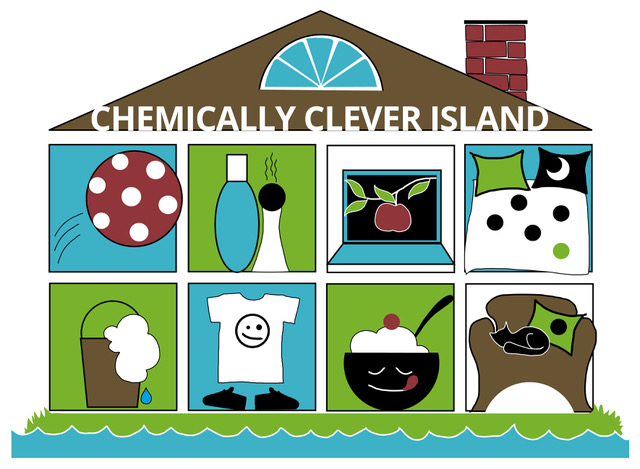Thousands of chemicals in the bottles

Lead in the face, aluminium in the armpits – human beings are more than willing to be guinea pigs if we think something could make us more attractive.
Our most common makeup- and skincare products – for men, women and children – contain about 7000 different industrially produced substances, mixed to keep us clean, fresh and good looking. According to the Swedish environmental NGO Naturskyddsföreningen 110 tons of cosmetics and skincare products are used every day in Sweden alone.
The chemicals are spread further and further out in the nature and into our bodies. Synthetic musk, one of the most common fragrances, has been found in sludge from treatment plants, in sediment and in fish. In the human body the musk substances find their way through the skin and accumulate in the adipose tissue. Swedish studies have shown that the more perfume or fragranced products a woman use, the higher the dose of the musk compound HHCB she transfers to her child while breast-feeding.
Pregnant and unperfumed
Premature puberty and impaired quality of sperm have become global problems. In Finland, men born in the years around 1990 have only around half the amount of sperm of men born 20 years earlier (55 million sperms compared to 100 million sperms per milliliter semen).
The increase of the use of endocrine disruptive chemicals is believed to be one of the reasons. Researchers also believe that chemicals applied on the skin – the stuff we store in our bathroom cabinets – are especially problematic. In Denmark pregnant and breastfeeding women are recommended to use as little cosmetics and skin creams as possible. They are also told to avoid fragrances, perfumed products and hair dye.
The content of our bathroom cabinets is not acute toxic in the same way as 18th century lead powder, but we are exposed to a lot of different chemicals during a longer time. And legislation only regulates substances that already have been proven harmful. Scary? The precautionary principle is a good start: choose unscented and ecolabelled products whenever possible.
